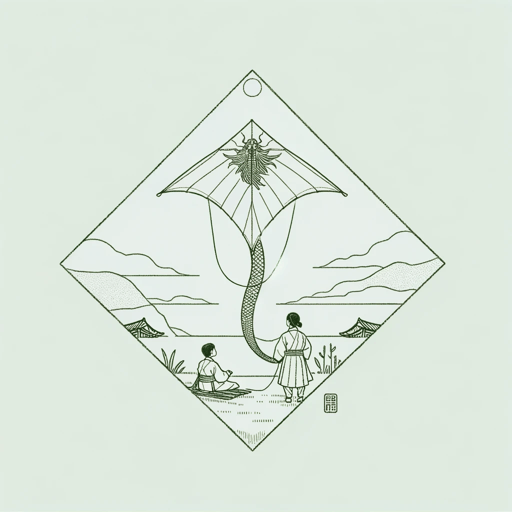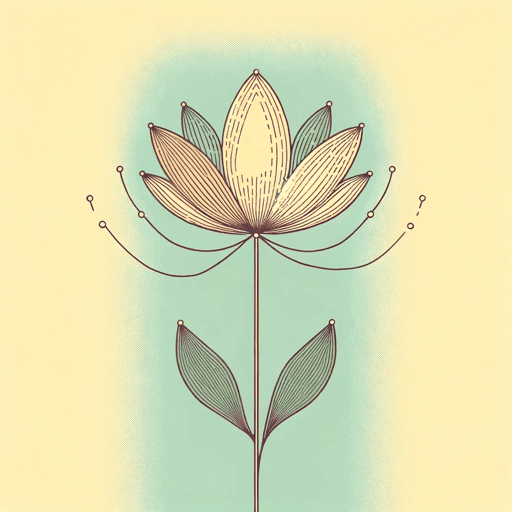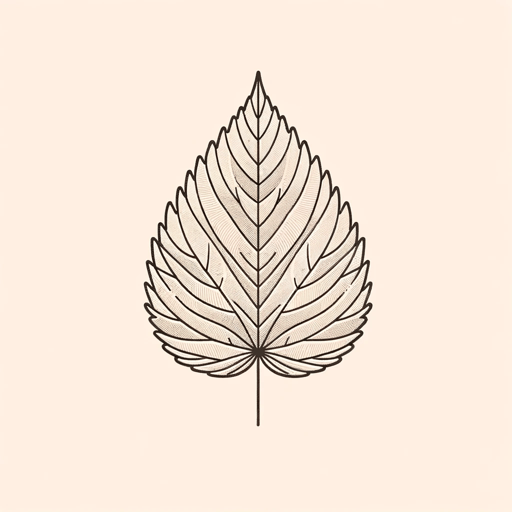35 pages • 1 hour read
Linda Sue ParkThe Kite Fighters
Fiction | Novel | Middle Grade | Published in 2000A modern alternative to SparkNotes and CliffsNotes, SuperSummary offers high-quality Study Guides with detailed chapter summaries and analysis of major themes, characters, and more.
Character Analysis
Lee Young-sup
Lee Young-sup is 11 years old, and the younger brother to Kee-sup. Young-sup enjoys studying but is otherwise impatient with most things: He does not approach tasks with the meticulousness that Kee-sup does, demonstrating his immaturity and inability to think ahead. He is, however, very dedicated, and spends all of his time practicing kite-flying. He has an innate skill for this, claiming that the wind “speaks” to him, advising him on how to move the kite. His skill and hard work are visible to his brother and Kite Maker Chung, and even earn him praise from the King.
However, the conflict of the story arises when Young-sup’s father wants Kee-sup to participate in the kite fights instead. As the second son, Young-sup is reluctant to abide by the neo-Confucian code that dictates that his older brother Kee-sup is the most valued sibling and has limited ways in which to prove his worth. He is resentful toward and frustrated by this system, understanding that no individual is to blame, but feeling trapped in his label of “second son” nonetheless. In becoming friends with the King, and in working through his tension with Kee-sup, Young-sup sees that a shift in tradition and societal expectations is possible, even if gradual.
Related Titles
By Linda Sue Park
Featured Collections
5th-6th Grade Historical Fiction
View Collection
7th-8th Grade Historical Fiction
View Collection
Appearance Versus Reality
View Collection
Asian American & Pacific Islander...
View Collection
Brothers & Sisters
View Collection
Childhood & Youth
View Collection
Community
View Collection
Daughters & Sons
View Collection
Diverse Voices (Middle Grade)
View Collection
Fate
View Collection
Fathers
View Collection
Hate & Anger
View Collection
Juvenile Literature
View Collection
Korean Literature
View Collection
Loyalty & Betrayal
View Collection
Nation & Nationalism
View Collection
Order & Chaos
View Collection
Pride & Shame
View Collection
School Book List Titles
View Collection






